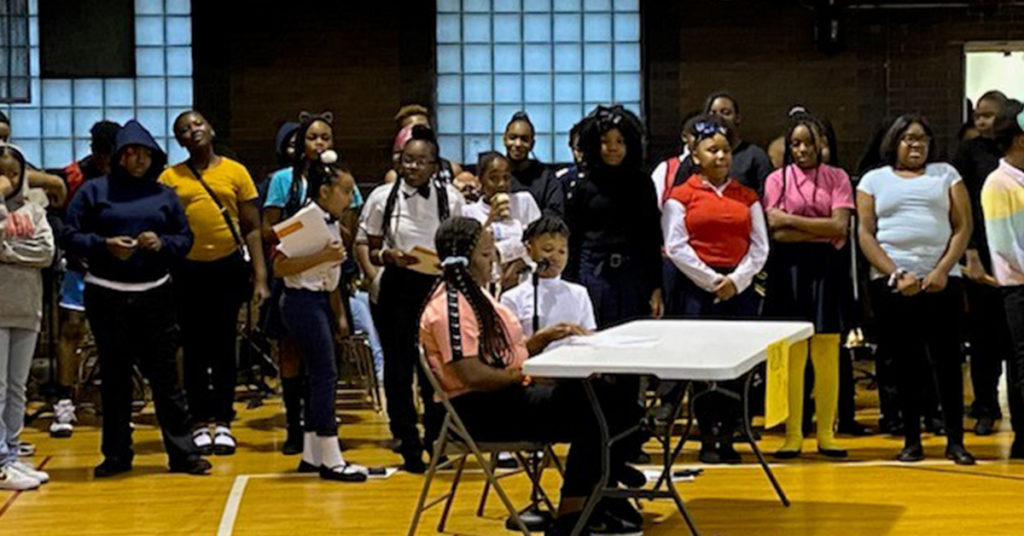

- Schools with the best history programs how to#
- Schools with the best history programs professional#
Students may culminate the course with a research project.
Schools with the best history programs how to#
Learners examine how to identify and cite appropriate sources, and they may read historical writing to better understand the types of research that historians conduct. Research: In a research class - sometimes called historical methods - history majors learn how to conduct historical research.

Many historical writing courses cover citation styles and research methods. Students may read essays written by respected historians and complete writing assignments featuring different topics, source bases, and goals. Students also learn how to use historical sources in their writing, including primary and secondary sources.
Historical Writing: In historical writing classes, history majors learn how to present historical material through scholarly writing, such as research papers, essays, and theses. Learners study topics like the legacy of slavery and the Civil War, the expansion of the U.S., and American imperialism. history classes often cover political, military, cultural, and social history. history from the American Revolution through reconstruction, and U.S. history courses into colonial history, U.S. history courses provide an overview of the development of the United States, from its colonial roots through the modern era. Modern world history classes cover topics like imperialism, colonialism, and population growth. World history classes also explore the rise and fall of empires, trade connections between parts of the world, and conflicts that cross regional boundaries. Students learn about the development of settled communities and the first civilizations in regions like Mesopotamia, Egypt, India, and China. World History: Many history programs divide world history surveys into two courses, with the first focused on ancient and medieval history and the second focused on modern history. Students can often tailor an online history degree to match their interests by pursuing concentrations in areas like American history, Asian history, or ancient history. Students pursuing an online bachelor's degree in history typically take classes in areas like premodern and modern history and Western and non-Western history. What Will I Learn in an Online Bachelor's in History Program? Synchronous programs offer more opportunities to connect with professors and fellow students, but do not offer as much scheduling flexibility. This format may appeal to busy students who prioritize flexibility. Some programs offer courses in an asynchronous format, which means classes do not require set meeting times. Students should also learn whether a program offers tuition discounts for in-state learners or charges all online students the same tuition rate, regardless of residency.Ī program's delivery format also impacts a student's experience in a program. For example, students should think about their career goals before choosing a school to ensure that their program offers courses and concentrations aligned with their target career.Īdditionally, prospective learners should research a program's costs beyond tuition, such as technology and book fees. Prospective students researching bachelor's in history programs should consider several factors to find the best program for their needs, such as available courses and concentrations, cost, and delivery format. Featured Online History Degree Programs Choosing an Online Bachelor's in History Program This format also lets students attend programs throughout the country without relocating. Schools with the best history programs professional#
The flexibility of an online history degree program allows students to balance their studies with personal and professional obligations. According to the Bureau of Labor Statistics, writers and authors make a median salary of over $62,000 per year, while high school teachers typically earn over $60,000. History graduates enjoy above-average earning potentials. Graduates can work in roles such as museum curator, archivist, writer, and teacher.Īdditionally, many history graduates go on to earn a graduate degree to prepare for roles such as lawyer, historian, and librarian.

Professionals with a bachelor's degree in history enjoy diverse career options.







 0 kommentar(er)
0 kommentar(er)
